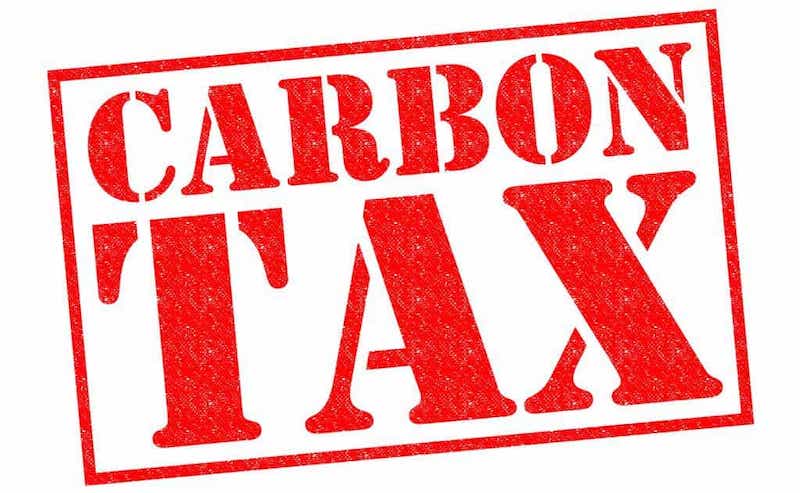Tax Fears.
The trucking industry is now being warned to factor in carbon tax to protect their income. Although the tax began on July 1st 2012 the trucking industry has been given a two year grace period until July 1st 2014 when an increase in fuel excise will commence.
Trucking operators will be paying an extra 6.8 cents per litre fuel excise when it is introduced.
While there is still about 2 years before this happens, operators are being warned to come up with contingency plans and implement them asap, rather than wait till 2014. Price increases need to be anticipated and factored in if trucking businesses are to survive. Increases in wages, utilities, consumables and plant and equipment should be factored in.
The report went on to state:
- The trucking industry will feel the sting of the carbon tax before 2014, according to an advisory firm, which has warned operators to act now to protect their margins.
- The carbon tax began on July 1 but the trucking industry was given a two-year exemption. The tax will apply to operators on July 1, 2014 through an increase in the fuel excise.
- However, Ferrier Hodgson says operators need to start factoring in price increases from higher up the chain
- “I’m talking here about the increased costs that will emerge as your suppliers look to pass on their impact from the carbon tax,” partner Brendan Richards says.
- “Keep an eye on marginal increases in utility prices, wages, general consumables, plant and equipment and other capital items.”
Source: https://www.fullyloaded.com.au/industry-news/articleid/80486.aspx
Operators are also being warned to pass on increases to their clients now in order to get them accustomed to the changes. They should also employ the services of accountants to evaluate the true financial impact the increases will have on their business in order to develop a strategy to deal with the increases. Businesses should also look into ways to increase their fuel efficiency.
The report goes on to state:
- Richards says those in niche areas should pass on the increase to their customers sooner rather than later, but adds that it may be hard to do so.
- “The reality is that in the current economic climate and highly competitive environment, some customers routinely change transport operators for a slightly cheaper rate,” he says.
- “As much as I may say that cost increases should be passed on, the commercial capability to do so, particularly for small to medium sized operators, can be limited.”
- Richards says operators should consult their accountants to identify the impact the tax will have on their business and take the findings to their customers to push for a rate increase.
- “Those businesses that delay making the necessary price increases are putting themselves behind the eight ball and creating opportunities for those already on the front foot,” he says.
- Trucking operators will pay an extra 6.8 cents per litre for fuel when the tax is applied to the industry. Although it lobbied for trucking to be exempted from the tax, the Australian Trucking Association (ATA) says the two-year reprieve will give businesses time to renegotiate contracts and look at ways to improve their fuel efficiency.
Source: https://www.fullyloaded.com.au/industry-news/articleid/80486.aspx
While the impact of the carbon tax on transport businesses is still being measured, transport companies have been told to keep an eye on their costs and adjust their rates accordingly.
Another post I found highlights the increases impact on the consumer from the perspective of an affected business owner. Food prices will most likely be affected as costs for refrigerated transport soars.
The post on Yahoo has more:
- The cost of one of the most common refrigeration gasses have soared by more than 300 per cent following the introduction of the Carbon Tax and South West Express chief executive Mark Mazza says those costs will trickle down to consumers.
- ‘‘To expect the transport industry or the food industry to have to foot this extra bill without passing it on is just nonsensical,’’ he said.
- ‘‘What people don’t have any concept of is that is also being passed on down the line to anyone who buys anything at the supermarket.’’
- R404a is used in the majority of cool rooms and refrigeration units and in all of Mr Mazza’s 40 trucks.
- Prices for the gas have ballooned from about $90 per kilogram before the carbon tax to more than $300 per kilogram after its introduction.


